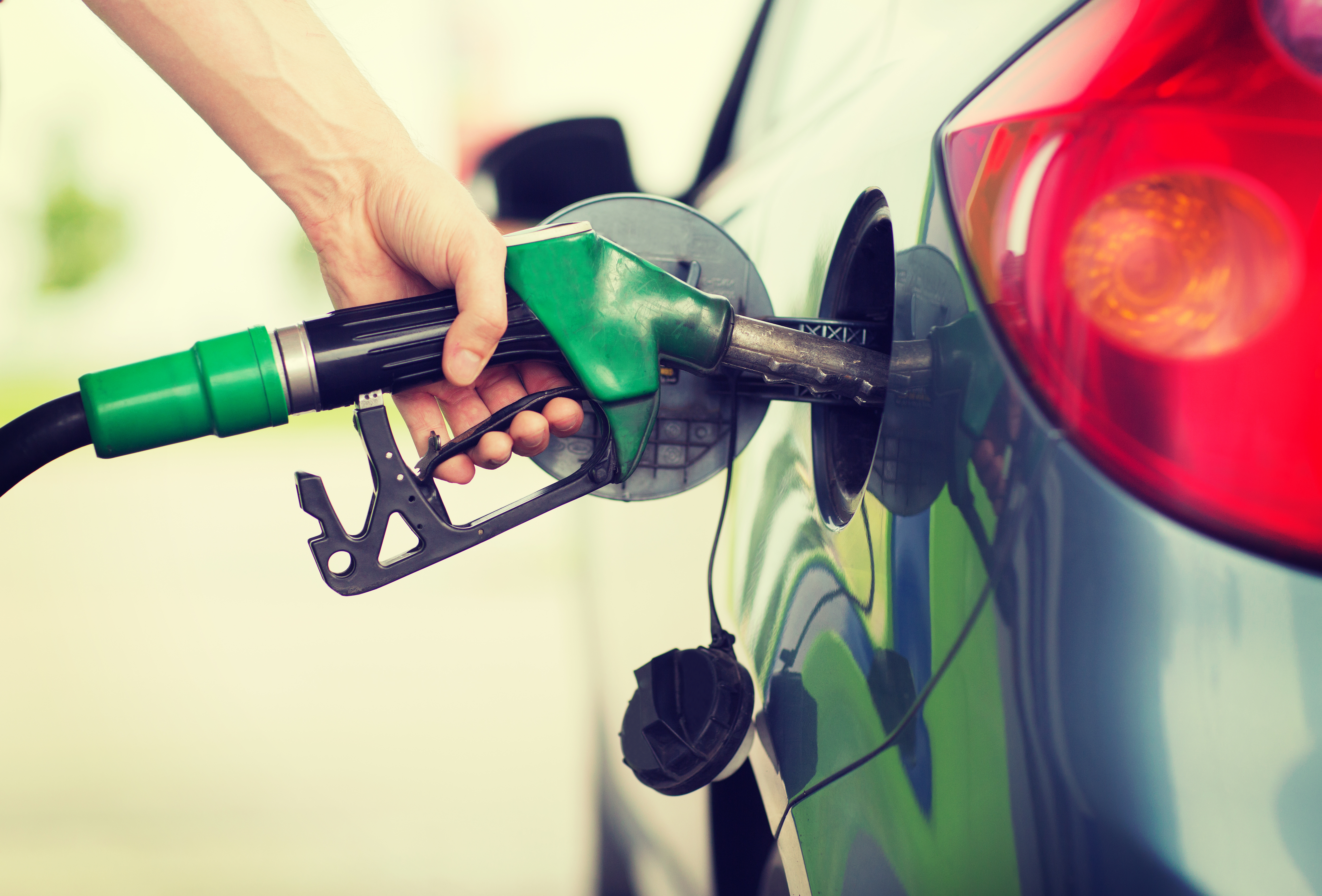Household Bills
Fuel price warning: Drivers braced for ‘inevitable’ rise

Drivers are warned that current low fuel prices may not be around for much longer so they should fill up when they can before wholesale cost increases translate to higher pump prices this month.
Drivers have currently benefited from the lowest fuel prices for four years, though with the lockdown restrictions, car use has plummeted.
Now with lockdown eased in England and more cars on the roads, drivers are paying £58.20 on average filling up a 55-litre car.
Forecourt prices fell more than 3p from 108.95 per litre of unleaded at the start of May to 105.81 by 21 May. And for diesel drivers, the average cost of a litre fell from 114.54p to 111.23p, making a tank £1.39 cheaper at £61.52.
RAC Fuel Watch data revealed that supermarkets continue to offer the best price for motorists, with Asda, Morrisons and Tesco all selling unleaded for around £1 a litre while the cheapest diesel can be found at both Asda and Morrisons for 104.7p a litre.
However, the RAC warns that these low fuel prices may not be around for much longer. The rebound in world oil price (up 83% to end May at $34.44 a barrel) has led to wholesale petrol prices rising 7p in May, with diesel up 4.5p.

Wellness and wellbeing holidays: Travel insurance is essential for your peace of mind
Out of the pandemic lockdowns, there’s a greater emphasis on wellbeing and wellness, with
Sponsored by Post Office
‘Rise in the cost of filling up is almost inevitable’
The RAC said that if retailers continue with the same pricing strategies they employed before the lockdown, these wholesale price increases could “very quickly translate into small increases to drivers at the pumps during June”.
RAC fuel spokesman, Simon Williams, said: “There’s no doubting that, as the lockdown is eased slightly in different parts of the UK and drivers begin to travel more often, it’s currently cheaper to fill up now than it has been since 2016.
“How long these lower pump prices remain for, however, is debatable and is largely dependent on events taking place thousands of miles away from the UK. The impact of the coronavirus on world travel and economic activity has dramatically reduced the global demand for oil, which is forcing major oil producing nations such as Saudi Arabia and Russia to desperately agree production cuts to shore up the barrel price.
“How far they go with these cuts, and how quickly, will be crucial in determining what happens with prices at the pumps over the next few months. Last month, as we expected, the oil price began to creep back up. If this continues in June, a rise in the cost of filling up is almost inevitable.”